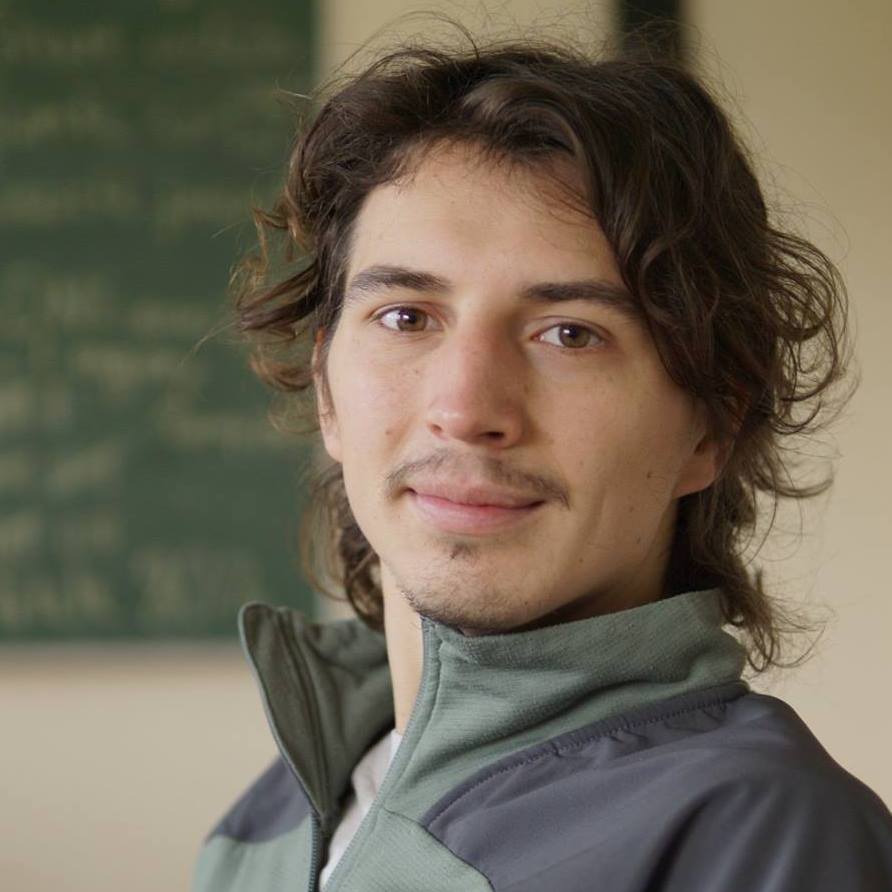How do academic studies work in DNS?
When you start the DNS programme, you enrol yourself as a distance learning student in the programme “Bachelors in Educational Sciences” offered by ISET- One World.
ISET- One World is an institution for higher learning in Mozambique approved and accredited by the Ministry of Higher Education in Mozambique and the Southern African Development Community (SADC).
Students then have a tutor assigned to them from ISET- One World who qualifies all academic work and undertakes exams with the student.
What certification you will recieve
You must be aware that ISET -One World is a separate institution from DNS Denmark and when you graduate, you will get two separate certificates:
- A certificate of completion and course description from DNS which describes the four year experience based programme of DNS outlining the diverse experiences and skills gained throughout the programme, such as 1.5 years of teaching experience, organisational and leadership competencies.
- A diploma and certificate of the bachelor’s degree in Educational Science from ISET-One World in Mozambique
We chose this model for learning because ISET – One Worlds distance learning programme offers a customised curriculum that complements each of the periods in DNS.
This model also gives us the freedom to create the programme however we see fit, whereas to be recognised by the Danish state, we would have to comply with their traditional curriculum and educational structure.
ISET One World
ISET- One World’s mission is to train technically, scientifically, socially and politically qualified professionals, who develop teaching and research in the field of education.
In the institute there is a strong focus on pedagogy, information technology, community development, environment and other areas considered important for our rapidly changing society.
The course of Educational Science trains motivated and multi-skilled individuals equipped with modern student-centered educational methods guided by pedagogical principles such as:
- The development of individual and the collective
- Critical understanding of media and knowledge
- The connection between theory and practice
- Holistic understanding
- The student as the driving force of their own training
Since its establishment in 1998 ISET-One World has graduated a total of 1.129 teachers.
The subjects
Throughout the four years of DNS you will study 36 subjects that make up the Bachelors in Educational Science offered by ISET- One World. Covering a diverse range of scientific areas from the natural and human world necessary for training educators and teachers. You can download a pdf with an overview of the subject offered by ISET- One World below.
FAQ about the diploma?
What can I use the diploma for?
From our graduate experiences, the ISET-One World diploma is useful in getting a job in non-formal, alternative and private schools, educational projects, humanitarian projects, and charity work.
It is more challenging to use it in public schools which usually require a national teaching programme, and often require a Master’s degree.
How is the diploma recognised officially in my country?
This is more challenging for us to give a clear answer, as it is an individual process that each student has to go through with the ministry of education in their home country as the demands in public institutions differ per country. It is a work in progress for us to understand but we are cooperating with our graduates about this process.
We have had some graduates who succeed in getting it fully recognised as an equivalent to a national degree. In other cases, it is partially recognised and you would need to take extra exams to get it recognised.
Here are some experiences we have with our graduates so far
We have graduates who went on to study masters in
- Estonia
- Czechia
- Sweden
- Spain and France- (in private Masters programmes)
We are still in the process of getting the diploma approved in
- Hungary
- Italy
- Lithuania
- Spain
This is an ongoing process that we are working on.
The subjects of the teacher training programme are original and creatively composed. Some of the subjects are similar to regular subjects while others are born out of collective knowledge of former DNS teachers providing a solid knowledge of the world and the human condition.

